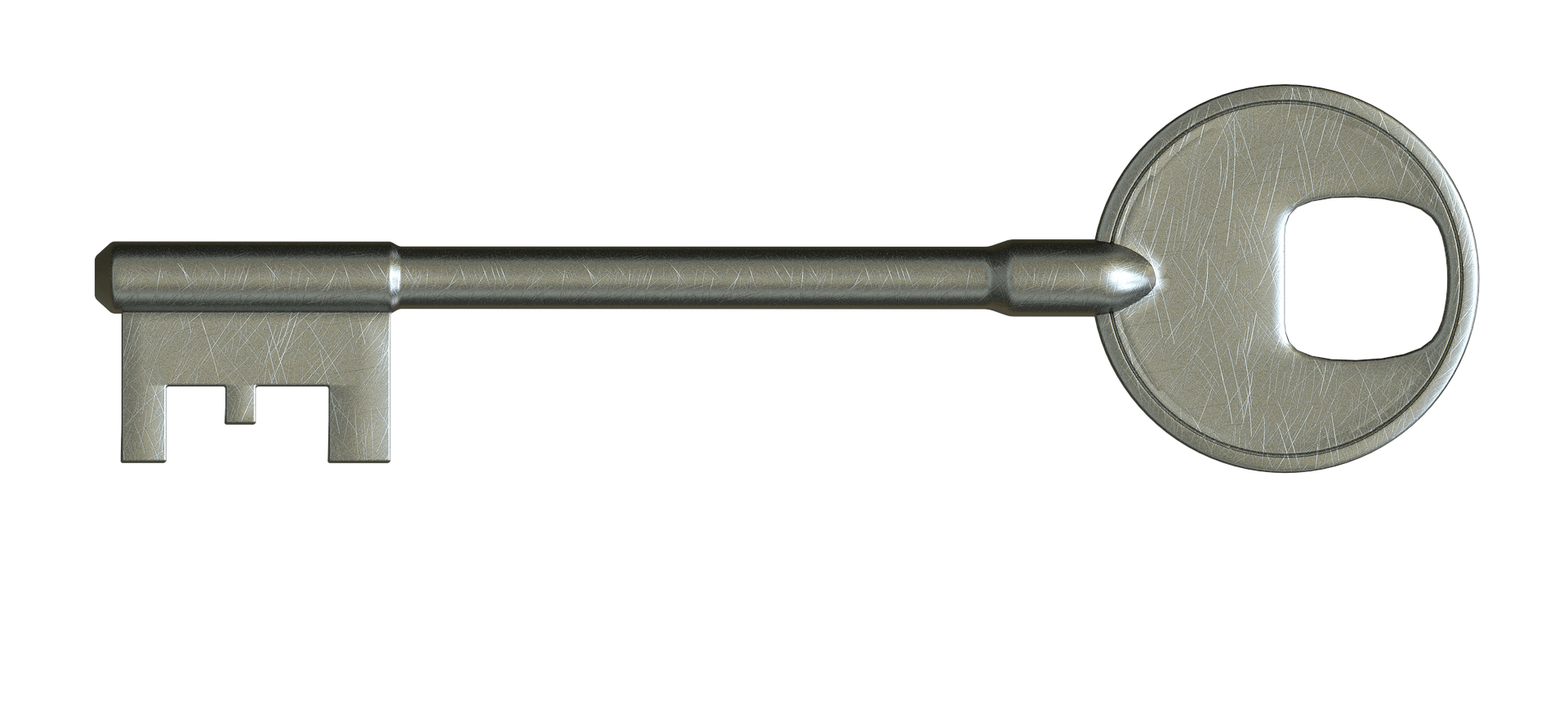Tax-code Mistakes - What to do
Posted on 25th August 2022
While tax codes are possibly one of the least exciting topics to think about (even as accountants, we know this!), it’s something that affects anyone who works in the UK. Whether you’ve recently had a change in salary or changed job, you’ve had a change to your personal allowance, or your marital status has changed, it’s highly likely that your tax code will change at some point during your working life. And your tax code is the key to ensuring you are paying the right level of tax.

There are many potentially expensive implications if you find that you’re working under the wrong tax code. If you are paying too little tax, you will be liable to repay HMRC, which can result in an unexpected (and certainly unwanted!) outlay of hundreds or even thousands of pounds.
The good news is that if you’re paying too much tax then you will be owed a refund by HMRC - but this does also mean that you’ve been paying out too much money, and this isn’t exactly fun to realise either, especially if you've been saving up for something special or making cuts in your personal spending because of money shortages.
To check whether you’re on the correct tax code, visit the ‘check your income tax’ page on the HMRC website.
It’s important to check if it's correct or not, because it takes time to file a reimbursement claim, or worse, figure out how much money you now owe HMRC if you are paying too little tax. Don’t forget that if you’re one of our clients, we can help you with your tax code queries.
What are the most common tax code issues?
Earlier this year, you should have received communication from HMRC with your tax code for 2022/23. If you haven't received one yet, or you have lost your letter, then you can check online via your self-assessment account or call HMRC on 0300 200 3300.
You may find that your tax code is incorrect, which wouldn’t be unusual (which is why it’s so important you check!). One of the most common errors we’ve spotted in the past is that HMRC has incorrectly carried forward the same adjustments on your tax code from the previous year. This could be anything from an old benefit-in-kind (which would show as a deduction from your code), or a no longer relevant job expense (which would show as an addition). This is most commonly found when somebody has changed jobs, or had an increase or decrease to their salary and/or benefits package, but HMRC has not updated their information, or the change was very recent.
If you are employed and your tax code is wrong, it could either be because your employer has not yet submitted the P11D form for the tax year, or they did submit it but HMRC has not processed the P11D form correctly.
Other reasons for what seems like an incorrect tax code could be that your marriage allowance is missing (if you’ve applied for it), or because HMRC is collecting an amount through your code for unpaid tax for an earlier year (despite you having filed a self-assessment return for the year in question and having paid the shortfall).
A common tax code incorrectly given to employees is D0, which means that you pay tax at the higher rate of 40% on all of your income. So for example, if you earn £40,000, but you have been allocated tax code D0, you’ll be paying £16,000 in income tax. If you have income which should be taxed fully at 40% (i.e. the higher rate of £50,271 to £150,000), then the D0 code should be used in most circumstances. It is important to check to make sure the code is correctly used especially if you have additional income from a pension for example.
Do note that if you are an employee and your employer is paying you per your tax code, this is not your employer’s fault; they are legally obliged to pay you under the tax code HMRC has for you, so any issues you encounter, you should take it up with HMRC.
How do I change my tax code?
If you believe that your tax code is wrong, you can change it yourself. If you’re one of our clients, just email us to let us know that you need to change your tax code, and we will let you know what information we need from you and handle it from there.
If you prefer to handle this yourself, here’s what you need to gather up before calling HMRC on 0300 200 3300:
Your full name
Your date of birth
Your email address
Your National Insurance number
Your employer/pension provider tax reference number
Your employee works number or pension number (private and/or company)
Your estimate of total income for current tax year
Any company benefits you have (e.g. health care, car fuel allowance)
Any other income (e.g. savings interest, property rental)
All details of any weekly state benefits or state pension payments
We know that tax codes can be a minefield, so if you wish to discuss any of the above, please contact us to see how we can support you.

Written by:
Nicola J Sorrell - Effective Accounting
Founder | Xero Champion | IR35 Expert
Share this post:



